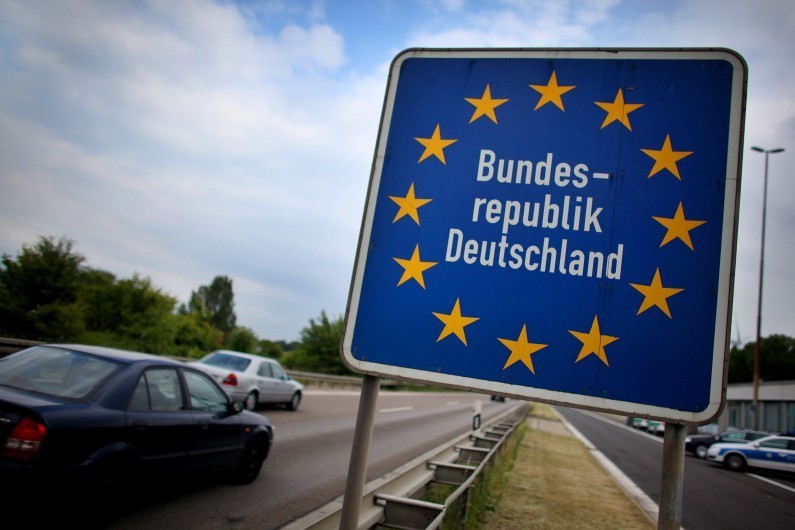
Entering Germany in 2024. News. When planning a trip to Germany in August 2024, be aware of the new border rules. Due to the migration crisis and the Summer Olympics, border checks will be more frequent, especially for car travellers. Make sure to check the latest road tolls and traffic rules, which might change due to local holidays. Also, be mindful of the limits on alcohol, cigarettes, and cash you can bring. Here is the essential information to help you plan your trip.
Entering Germany in August 2024
Due to the migration crisis and the Olympic Games in France, Germany has increased border controls. Fixed checks are in place at the borders with France, Poland, Switzerland, the Czech Republic, and Austria. Vehicles entering Germany are inspected by federal police and sometimes soldiers from neighbouring countries. Officers stop travellers at the border to check documents for authenticity and compare them with wanted lists. Vehicles and goods are also inspected. These security measures are in force until September 30 for the border with France, November 11 for Austria, and December 15 for Switzerland, the Czech Republic, and Poland. Temporary checks on other German borders were lifted on July 19, after the end of Euro 2024.
Please note that border controls can occur not only at the border crossings but also within the border zone, which extends 30 kilometers beyond the German customs border and 50 kilometres beyond the sea border. All passengers traveling to Germany by land and sea should be prepared for possible queues at airports and seaports due to increased controls. Additionally, be aware of the limits on transporting tobacco, alcohol, and cash.
Read also: 9 Changes Coming to Germany in August 2024: Impact on Residents and Tourists
New tolls on German roads
Since July 1, Germany has made a major change to its road toll system. Previously, only trucks and combination vehicles weighing more than 7.5 tons had to pay the toll. The new regulations now require vehicles weighing between 3.5 and 7.5 tons to pay the toll as well. This means most vans and smaller trucks must pay a toll when driving through Germany. Caravans are exempt from tolls, and craftsmen transporting tools can apply for an exemption online. The toll applies to motorways, national roads, petrol stations, and rest areas.
Holiday driving bans in Germany
In Germany, the truck driving ban applies year-round on Sundays and public holidays from midnight to 10 p.m. on all roads. During the holiday season, from July 1 to August 31, the ban also applies on Saturdays from 7 a.m. to 8 p.m. on some motorways and federal roads.
Public holidays and non-working days in Germany in August
On August 15, many European countries celebrate the Assumption of the Blessed Virgin Mary. In Poland and Italy, this holiday is a nationwide day off. In Germany, however, it is a public holiday only in two states: Bavaria and Saarland. In these regions, offices and shops are closed, affecting local celebrations and the availability of services.
Limits for transporting alcohol and cigarettes
When travelling to Germany, you should also remember about the limits on the transport of alcohol, tobacco products and cash.
Limits on the transport of alcohol to Germany:
- 10 liters of spirits or
- 20 liters of fortified wine, or
- 90 litres of wine, including a maximum of 60 litres of sparkling wine, or
- 110 liters of beer.
Alcohol smuggling in Germany is punishable by a fine or imprisonment for up to 5 years.
The limits for the transport of tobacco products to Germany are:
- 800 cigarettes or
- 400 pcs. of cigarillos, or
- 200 pcs. cigars, or
- 1 kg of tobacco.
What are the penalties for exceeding the limit?
If you transport alcohol or tobacco products in quantities exceeding the permitted limits, you risk being charged with smuggling, which can result in a fine or imprisonment for up to 5 years.
Read also: Is your income enough for German citizenship? Here’s how to find out
Beware of cash transport limits to Germany
According to current regulations, anyone transporting 10,000 euros or more (or its equivalent in another currency) must report it to customs and tax authorities. Failure to comply can lead to legal consequences, such as confiscation of funds or a fine. During an inspection, if the cash amount exceeds this limit, customs and tax authorities may detain the money for further examination.
